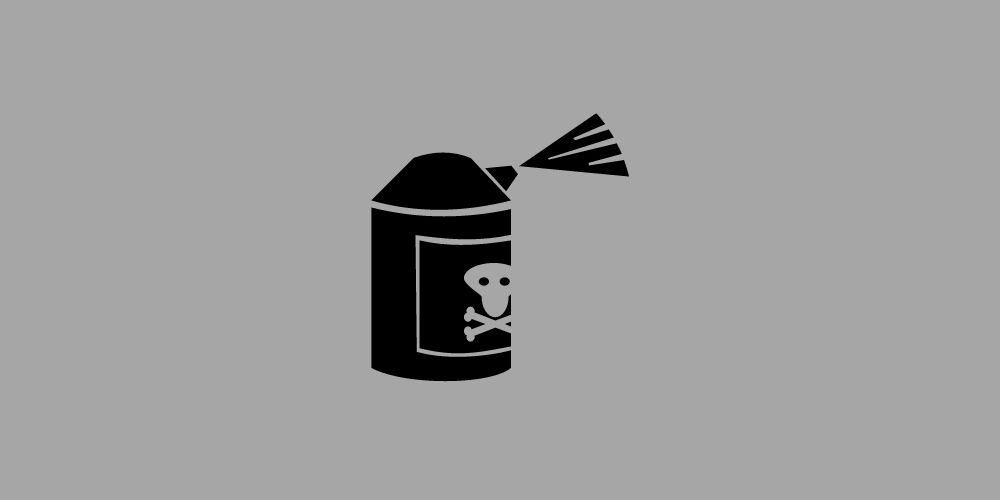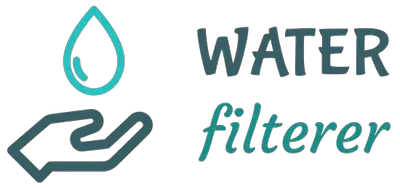Pesticides are everywhere. They’re in the food we eat, the water we drink, and the air we breathe. While the occasional exposure to pesticides isn’t likely to cause any harm, the accumulation of these chemicals in our bodies can lead to serious health problems over time.

Pesticides are regulated by the Environmental Protection Agency in order to minimize human and environmental exposure. While the Environmental Protection Agency (EPA) has set strict limits for the amount of pesticide that can be present in our food, there is no such limit for drinking water.
So, can water filters remove pesticides from our drinking water? The answer to this question is a bit complicated. It depends on the type of water filter you’re using and the type of pesticide that’s present in your water.
There are a variety of different types of filters on the market, so it’s important to do your research before choosing one that’s right for you. Carbon filters are generally considered to be the most effective at removing pollutants like pesticides from water, but reverse osmosis and ultraviolet filters can also do a good job.
The best way to determine if a particular filter will remove pesticides from your drinking water is to consult the manufacturer’s instructions or contact a qualified technician.
There are also some things you can do to reduce your exposure to pesticides in your drinking water.
How Pesticides Get Into Our Water Supply
Pesticides enter our water supply through a process called pesticide drift. This occurs when pesticides that are sprayed onto crops float through the air and eventually settle into nearby lakes, rivers, or aquifers.
Once they’re in our water supply, it’s only a matter of time before they end up in our glasses and showerheads.
It’s also important to note that not all water filters remove harmful chemicals from our drinking water. If you’re concerned about chemicals being present, it’s best to invest in a filter specifically designed for their removal or switch to using bottled spring water.
It’s also important that you do your research and find out what type of filter will work best for your needs.
How Water Filters Remove Pesticides
There are three main types of water filters – mechanical, chemical, and magnetic.
Mechanical filters use a physical barrier to remove particles from water, while chemical filters use activated carbon to adsorb toxins. Magnetic filters work by using magnets to draw impurities out of the water. All three types of filters can remove pesticides from water, but the most effective type of filter will depend on the type of pesticide present.
Activated carbon filters are the most effective at removing pesticides from water because they can adsorb a wide range of contaminants, including organic chemicals like pesticides. If you are concerned about pesticide contamination in your water, we recommend using an activated carbon filter.
Along with using a water filter, we as humans can also take steps to reduce the use of pesticides in our environment and protect our water supply from contamination.
Final Thoughts
Although water filtration systems cannot remove all pesticides, they can be effective in reducing your exposure to these harmful chemicals.
In addition to using a water filter, there are several other things you can do to reduce your exposure to pesticides, such as washing your fruits and vegetables thoroughly with soap and water before eating them or buying organic produce whenever possible.

